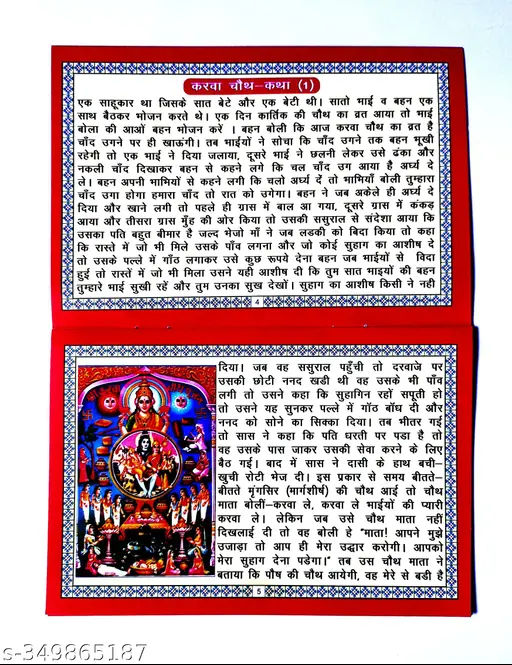
Understanding Karwa Chauth Katha
Karwa Chauth is a cherished Hindu festival celebrated by married women in India, primarily in northern states, where they observe a day-long fast for the long life and prosperity of their husbands. This year’s Karwa Chauth fell on November 1, 2023, making headlines as families gathered for the rituals steeped in tradition.
The Rituals of Karwa Chauth
On this day, women wake before dawn to eat a pre-fast meal known as ‘sargi.’ They then refrain from consuming food or water until they see the moon at night. The fast culminates in a special prayer and the ritual of viewing the moon through a sieve while offering arghya (water) as part of a sincere prayer. Central to this day is the recitation of the ‘Karwa Chauth Katha,’ a tale that embodies the ideals of love, devotion, and marital fidelity.
The Story Behind the Katha
The Karwa Chauth Katha often narrates the legend of a devoted wife named Veeravati who, through her love for her husband, was able to bring him back to life after a premature death. This story emphasizes the power of a wife’s devotion and the significance of faith in marriage. As the Katha is recited, women engage in collective prayers, reinforcing their communal bond and individual resolve.
The Modern Relevance
As India embraces modernity, the essence of Karwa Chauth Katha remains poignant. Many women, despite their professional commitments, continue to uphold this festival, as it symbolizes their love and commitment towards their husbands. In recent years, there has been a growing trend of recognizing the fast’s significance beyond traditional norms, promoting discussions about mutual respect and love in marriages.
Conclusion: A Celebration of Love
In conclusion, Karwa Chauth Katha is more than just a story; it is a reflection of the enduring love that binds couples together. With its blend of tradition and evolving practices, it fosters not just individual devotion, but also a deeper understanding of partnership in marriage. As we look forward, the tradition of Karwa Chauth will likely continue to evolve, marrying ancient beliefs with contemporary values, reinforcing the importance of mutual respect, love, and companionship.



